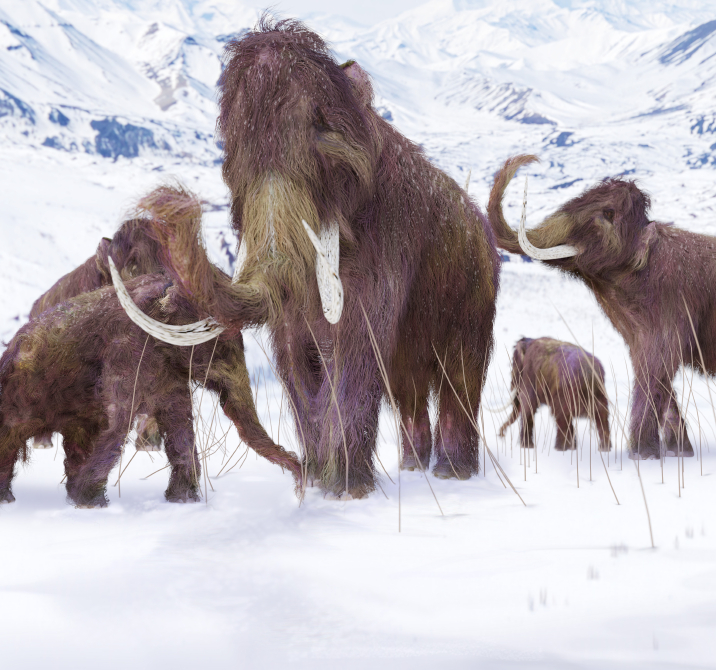Scientists discover that inbreeding probably felled the last woolly mammoths


A free daily email with the biggest news stories of the day – and the best features from TheWeek.com
You are now subscribed
Your newsletter sign-up was successful
In a study published in the journal Current Biology on Thursday, an international team of researchers announced they had sequenced the woolly mammoth's complete genome, using stem cells from an African elephant as a test. That is amazing in and of itself, but the results also reveal interesting new insights into the wooly mammoth's extinction.
As part of their research, the scientists compared DNA from two different woolly mammoths. One lived in Siberia about 44,800 years ago, and the other lived on Wrangel Island, where the last surviving mammoths died, about 4,300 years ago.
The researchers found that the mammoth on Wrangel Island "had long stretches of DNA with no variation between the mother's and the father's contributions," The Los Angeles Times reports. That indicates the Wrangel Island population probably started inbreeding, decreasing the number of genetic variations in the population and thus their chances for survival.
The Week
Escape your echo chamber. Get the facts behind the news, plus analysis from multiple perspectives.

Sign up for The Week's Free Newsletters
From our morning news briefing to a weekly Good News Newsletter, get the best of The Week delivered directly to your inbox.
From our morning news briefing to a weekly Good News Newsletter, get the best of The Week delivered directly to your inbox.
A free daily email with the biggest news stories of the day – and the best features from TheWeek.com
Meghan DeMaria is a staff writer at TheWeek.com. She has previously worked for USA Today and Marie Claire.
